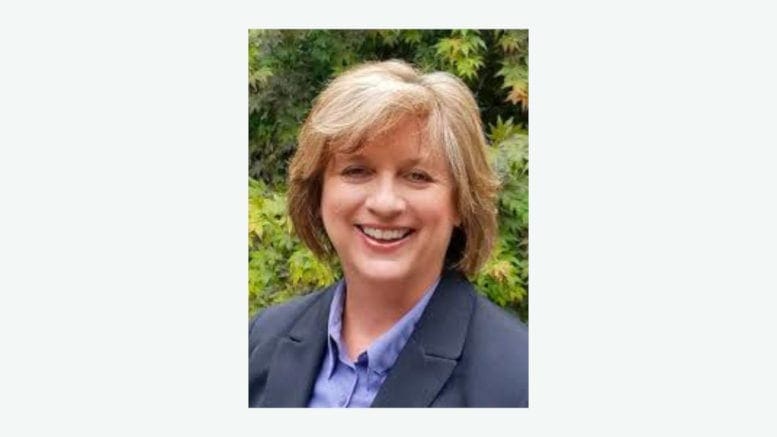By Melanie Dallas, LPC
If you were to search the internet for Children’s Mental Health Awareness Week, you would find a variety of organizations – and dates. Although generally the first week of May, some organizations mark the week as May 1-7, while others – such as the Georgia Department of Early Care and Learning – May 1-5. But regardless of the dates, it is heartening to see so many organizations recognizing the importance of children’s mental health.
In 2022, one organization – the National Federation of Families (NFF) – added a new perspective, one I believe is especially important to any discussion of mental health and children. NFF declared the first full week of May as Children’s Mental Health Acceptance Week. (And, for the record, NFF defines the first full week of May as the first one that begins with a Sunday, so May 7-13, 2023.)
A statement on the organization’s website notes because the pandemic challenged almost everyone’s mental health, awareness increased significantly. But now it’s time to move beyond the term awareness. According to NFF: “This significant shift to ‘acceptance’ speaks more directly to our goal – to eliminate prejudice and discrimination that individuals with a mental illness diagnosis or symptoms experience.”
That is one of the best statements I’ve read lately. If there is anything those of us in the mental health field would like to see – through compassion, knowledge and understanding – it is exactly that. Acceptance. And not just mental health providers, but more so, the millions of Americans who experience mental health challenges every year, especially children.
The statistics about mental illness in the population tell the story – one in five people will experience mental illness in their lifetime, and half of all lifetime cases of mental illness begin by the age 14; 75% by age 24. So when someone is going to experience mental illness, it usually begins when they are young, often when they are children. The pandemic not only exacerbated mental health problems for children who were already struggling, but put many more children at risk – due to worry, disruption, the death of a loved one, and isolation.
Of course, it is sometimes easy to miss that a child may be struggling with mental health issues – children grow and change so fast, and so do their thoughts and emotions. Mental health struggles in teens especially can be misperceived as “going through a phase” – of rebellion, being non-social, or what might seem as being overly sensitive or emotional. Oftentimes it is just that, a phase. But sometimes it is not, and when a child is struggling, it is important for him or her to receive mental health treatment, as hard as that may be for a parent to accept.
And that brings us back to the most difficult but important part of mental health challenges – acceptance. Whether dealing with a child, parent, friend, or even seeing challenges within ourselves, understanding that mental health challenges are common, that they can be treated and people can recover, and – perhaps most critical – that seeking treatment is the first step, will lead us closer to acceptance.
I applaud the National Federation of Families for moving beyond awareness and toward acceptance – and I urge everyone reading this to do the same. So I want to let NFF have the last word with one of the best perspectives on mental illness I’ve seen:
Mental health exists on a spectrum and almost everyone experiences challenges at some point in their life. Recognizing that our mental health is just as important as our physical health and accepting individuals who struggle for a period – or for a lifetime – is critical to reducing the fear, worry, blame, and shame that families and their loved ones experience – and increases the likelihood that those who are in need will seek the support and treatment they deserve.
Melanie Dallas is a licensed professional counselor and CEO of Highland Rivers Behavioral Health, which provides treatment and recovery services for individuals with mental illness, substance use disorders, and intellectual and developmental disabilities in a 13-county region of northwest Georgia that includes Bartow, Cherokee, Cobb, Floyd, Fannin, Gilmer, Gordon, Haralson, Murray, Paulding, Pickens, Polk and Whitfield counties.
